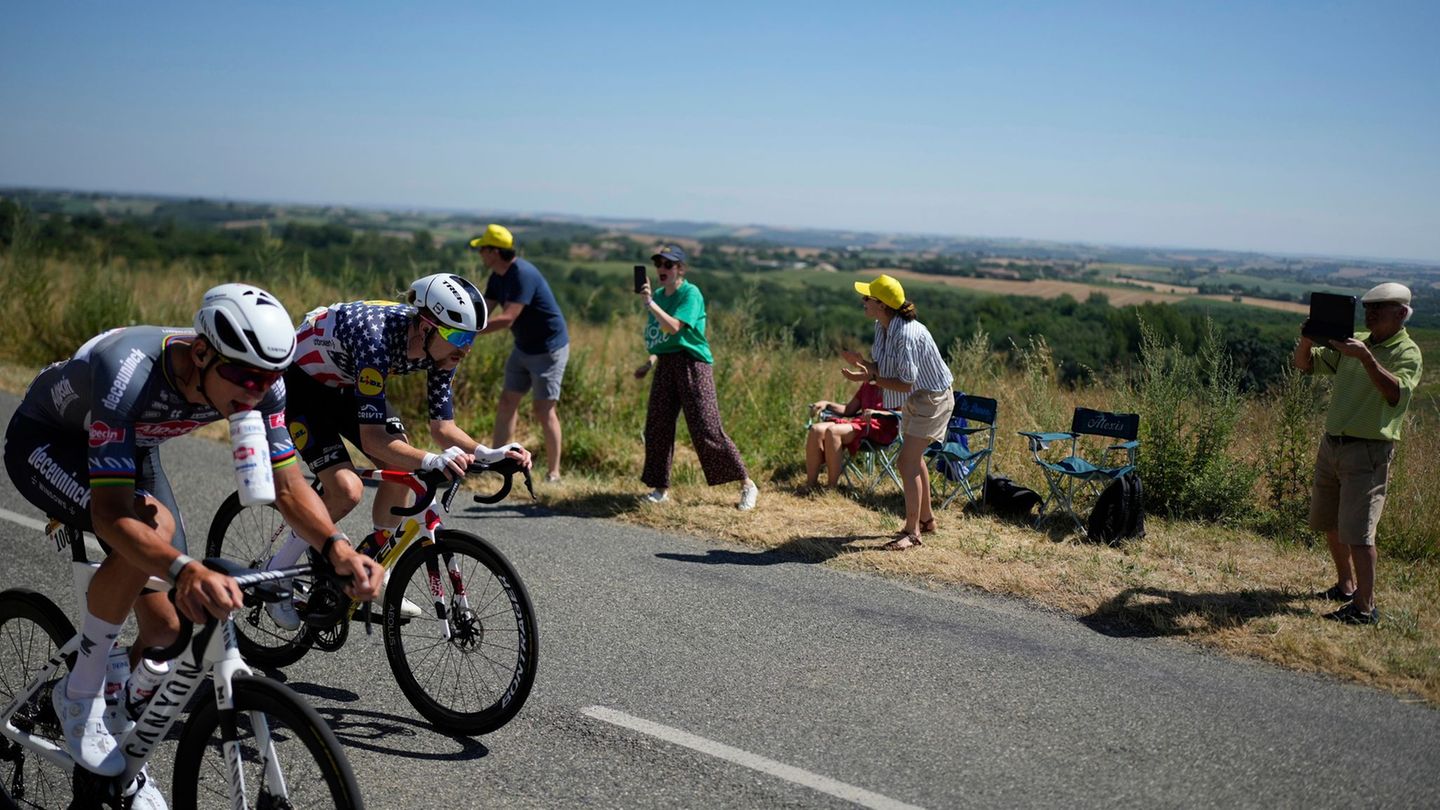Passengers on local public transport can only use the 9-euro ticket until Wednesday. Many have used it – and now the Federal Environment Agency is also campaigning for a successor model.
With a view to climate targets, the Federal Environment Agency is in favor of a successor model to the 9-euro ticket at the beginning of next year. The President of the authority, Dirk Messner, told the German Press Agency: “An attractive, nationwide valid follow-up offer to the 9-euro ticket could be the door opener that public transport is gradually recognized as an attractive alternative to the car.” Such a door opener is urgently needed.
A successor model for the 9-euro ticket makes a lot of sense, said Messner. “However, it must be linked to investments in the expansion and quality improvement of public transport at the same time. This is the only way to make a shoe out of it, this is the only way to create greater development dynamics. Public transport capacities are currently limited.”
26 million tickets sold
Deutsche Bahn also drew a positive balance shortly before the end of the 9-euro ticket. Around 26 million of the special trips were sold through the group’s channels alone, said the new Regional Transport Director, Evelyn Palla. “One in five 9-euro ticket users has rediscovered public transport.” There were more passengers in regional transport than before Corona.
How many tickets were sold nationwide initially remained open. The Association of German Transport Companies (VDV) intends to publish current figures this Monday. At the beginning of August, the association announced that a total of around 38 million 9-euro tickets had been sold in the first two months of validity, June and July. In addition, there are around ten million subscribers who do not have to buy their own 9-euro ticket.
According to Messner, an initial VDV study for the month of July shows a shift from private cars to public transport. The transport sector is regarded as a problem child when it comes to climate protection, and there is a risk that climate targets will not be met.
“People switch if it’s easy, if it’s cheap and if it can be used flexibly,” said Messner. A 9-euro ticket can hardly be financed in the long term. “A Germany-wide 49-euro ticket or a 69-euro ticket would make sense and could be financed by reducing environmentally harmful subsidies in transport.”
Transition from car to public transport
The federal, state and transport companies would have to clarify what exactly the financing could look like so that a follow-up ticket could be offered at the beginning of next year. In the medium term, such an offer would attract more and more people to use public transport and thus make an important contribution to climate protection in transport.
“In terms of traffic, we have to turn two big screws,” said Messner. “The first point we have to work on is the drive transition. That is electrification, we are heading in the right direction, but we are not there yet. The drive transition can reduce around half of the greenhouse gas emissions that we need to reduce, so that we can achieve our climate goals.”
The other half relates to the traffic turnaround. “Traffic turnaround means: we need to switch more to public transport and reduce private transport and the use of private cars. And that’s where a cheap, easy-to-use ticket for public transport can be a door opener.”
Source: Stern
Jane Stock is a technology author, who has written for 24 Hours World. She writes about the latest in technology news and trends, and is always on the lookout for new and innovative ways to improve his audience’s experience.




